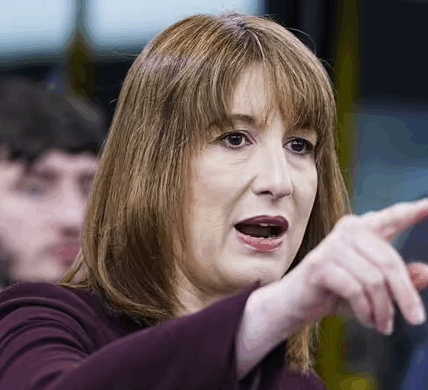Soaring inflation, rising costs, and panic about the impact of next week’s Budget has seen shoppers slam the breaks on a pre-holiday splurge.

Petrified families have slammed the breaks on pre-Christmas spending (Image: Getty)
Millions of squeezed families are bracing themselves for a miserable Christmas after slamming the breaks on supermarket spending.
Soaring inflation, rising costs, and widespread panic about the impact of next week’s Budget, has seen shoppers balk at a pre-holiday splurge.
Karen Betts of the Food & Drink Federation blamed a perfect storm of higher taxes and government red tape for pushing up prices in the shops.
The damning indictment comes as consumer group Which? said premium own-brand food and drink has the highest rate of inflation compared with other ranges, with prices for these products up 8.6 per cent year-on-year in August. Products with the highest percentage increase include carrots, which have gone up by 107.9 per cent on average.
The final month before Christmas traditionally signals a boon for retailers – and suppliers – as customers stock up and squirrel away non-perishable treats and snacks ahead of time.
Ms Betts said: “Basket sizes tend to go up in the final quarter of the year and people tend to add on whatever it is they’re stocking up with.
“What we’re seeing is that where people are buying those items they tend to be within their same basket spend – so not as an add-on to a basket that they would otherwise have bought.”

Supermarket sleep: cautious shoppers are worried about the impact of the Budget (Image: Getty)
In September alcohol and tobacco was 5.8% more expensive than a year ago while food and non-alcoholic goods rose at 4.5%.
The UK’s annual inflation rate stands at 3.8% in September, the same as in July and August, and the highest rate since January 2024.
While food price inflation has dropped slightly, costs have remained high because fuel prices have meant increased transport costs.
Inflation remains well above the Bank of England’s 2% target.
Chancellor Rachel Reeves is widely expected to raise taxes when she delivers her Budget on November 26 leaving households feeling the pinch with just 30 shopping days left until Christmas.
The impact of her financial statement is being nervously awaited by families still reeling by a deepening cost of living crisis and businesses reliant upon consumer spending.
Helen Dickinson, Chief Executive of the British Retail Consortium, said: “Last year’s budget added £7billion to retailers’ costs which in turn are driving up prices for ordinary families. This is why Britain’s largest retailers have written to the Chancellor calling for action on business rates to fix a system which sees retailers, as 5% of the economy, pay over 20% of the total rates bill. Without reform, this system will continue to cost jobs, limit investment and push up prices for households everywhere.”
A Treasury spokesman said: “The Chancellor has been clear that one of her priorities in the upcoming budget is cutting bills.
“Food inflation is falling, and our recent deal with the EU, our biggest trading partner, will help make food cheaper and UK exports easier to support the farming industry.
“But we know there’s more to do to support working people.”
